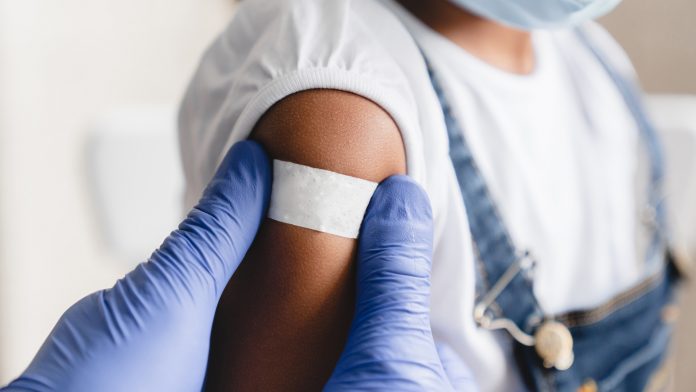
University of Oxford’s Ebola vaccine has been manufactured by SII (Serum Institute of India) in just 60 days and doses shipped to Uganda.
Oxford’s Ebola vaccine candidate has been shipped to Uganda, just 80 days after the World Health Organization declared a Sudan ebolavirus outbreak, having been manufactured by its partner the Serum Institute of India and working in close partnership with the WHO.
Ebola virus disease is a serious viral infection that originated in sub-Saharan Africa. Symptoms include a high temperature, a headache, joint and muscle pain, a sore throat and severe muscle weakness. These symptoms are sudden, between two and 21 days after becoming infected. The Oxford vaccine candidate is one of a collection of drug therapies developed and tested currently for Ebola.
Oxford Ebola vaccine candidate could save lives and curb outbreaks
Following the presentation of key data to the WHO generated in Oxford by Professor Lambe’s team, it was announced on 17th November that the Oxford Ebola vaccine had been recommended for inclusion in a ring vaccination trial to combat a Sudan ebolavirus outbreak in Uganda. WHO has worked in partnership with the Ugandan government and the Ministry of Health have enabled the ring vaccination trial as part of an effort to curb outbreak and save lives.
The Oxford team, led by Professor Lambe, have worked on this vaccine for many years. The process includes ongoing clinician trials in Oxford and Tanzania with manufacture scale-up led by the SII, supported by the Jenner Institute.
Teresa Lambe OBE, Professor of Vaccinology and Immunology at the Oxford Vaccine Group, said: “This is a phenomenal feat by all involved, especially our partners Serum Institute. This exceptional partnership has demonstrated yet again the importance of academics working with large-scale manufacturers to rapidly pivot and respond to outbreaks, and the importance of working with and having the full support of WHO. Importantly, the speed at which we responded, gives real hope to achieving the 100 day mission and tackle deadly diseases of global impact.”
The ambitious plan to reduce or eliminate future pandemics and epidemics
Many governments and organisations are prioritising a plan to dramatically reduce or even eliminate the future risk of pandemics and epidemics. Part of the plan – 100 day Mission – is to minimise the time it takes to develop safe, effective, and globally accessible vaccines against new threats in just 100 days. Achieving this would mean that future outbreaks can be controlled quickly and stop them from becoming a global pandemic.
Adar Poonawalla, CEO of Serum Institute of India, said: “To combat the widespread outbreak of the Sudan ebolavirus in Uganda, it is important to prioritise immunisation. The 40,000 vaccine doses manufactured in record time is a remarkable milestone in our long-standing association with Oxford University. I would also like to thank the Government of India for their constant support in enabling us to help people worldwide through effective, and accessible health interventions.”










